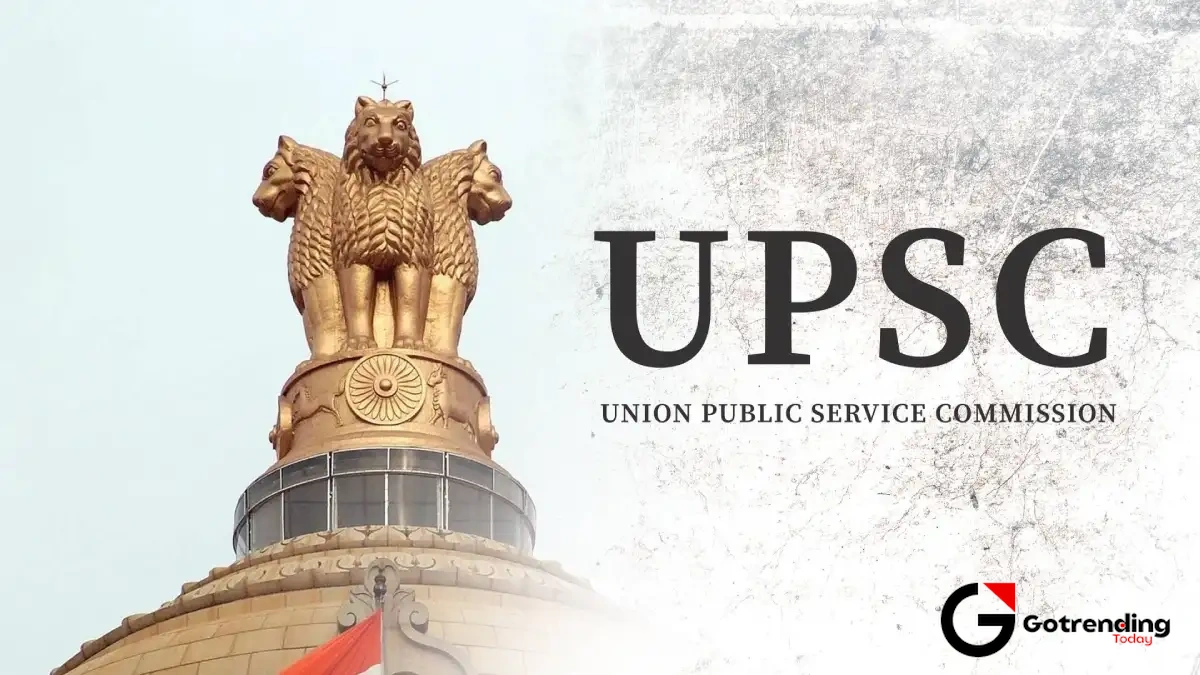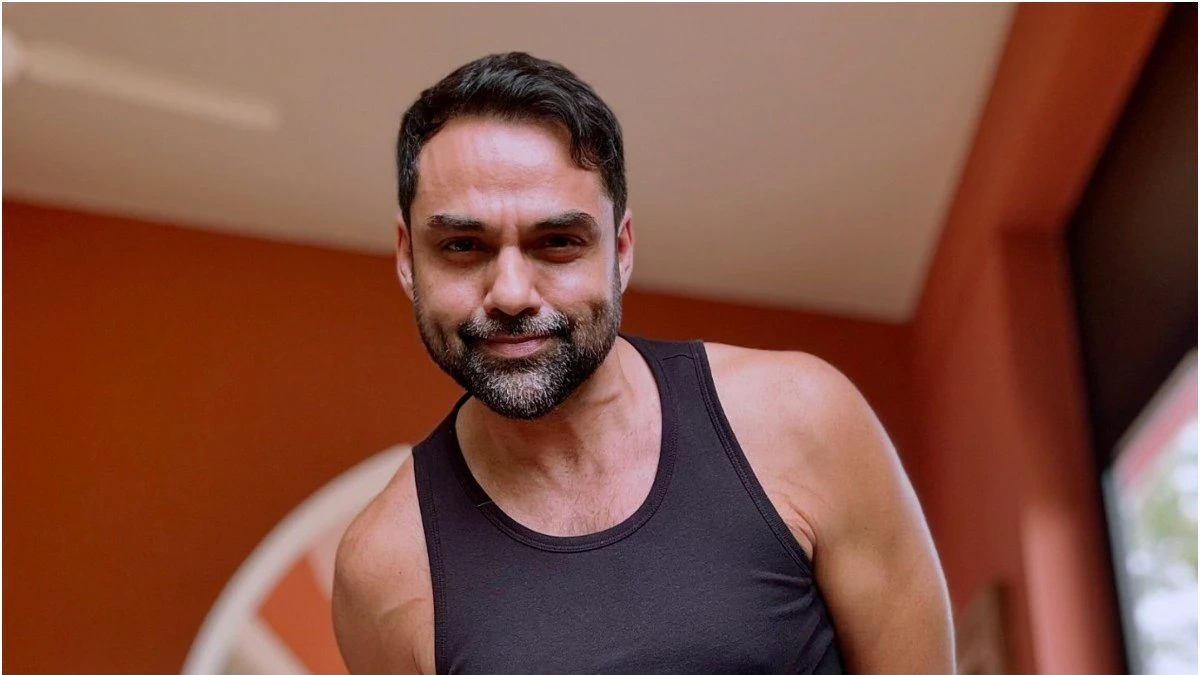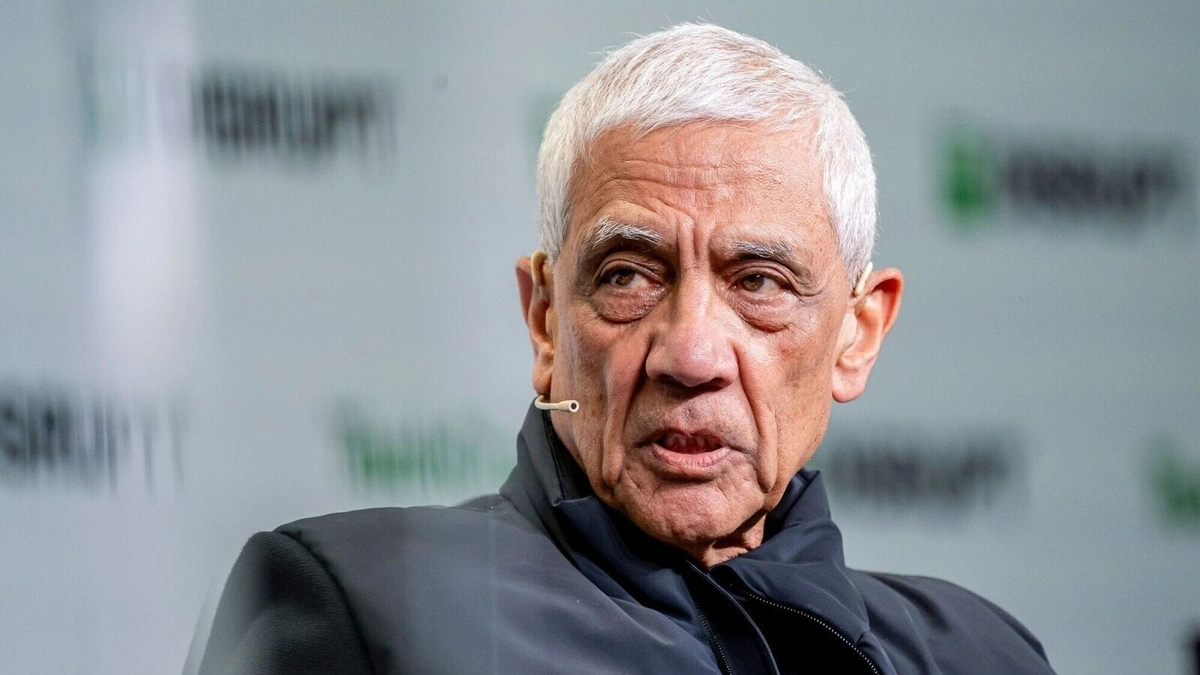The UPSC Dream | More Than an Exam, It’s a National Obsession
The word itself is heavy.UPSC. Four letters that carry the weight of a million aspirations, a thousand coaching centres, and entire lifetimes packed into dog-eared notebooks. You see it in the eyes of the young person reading The Hindu at a tea stall, in the hushed tones of parents talking about their child’s “preparation,” and in the sprawling, chaotic streets of Old Rajinder Nagar in Delhi. It’s not just an exam. Let’s get that straight right now. It’s a cultural phenomenon, a lottery ticket, a path to redemption, and, for many, a brutal meat grinder. And if you’re here, reading this, some part of you is probably curious about stepping into that grinder.
Or maybe you’re already in it.
So, You’re Thinking About the UPSC Exam? A Reality Check.
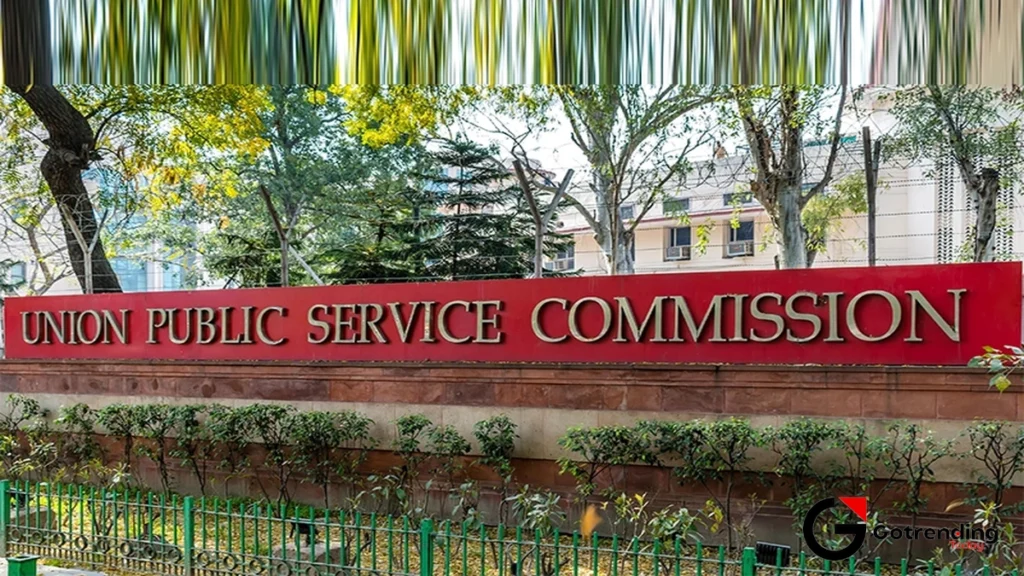
Before we talk about books and strategies, let’s have a real chat. Coffee shop style, no sugar-coating. The first thing you need to understand about theCivil Services Examis the sheer scale of it. We’re talking about a million applicants for roughly a thousand posts. The math is not your friend here. It’s designed to be an elimination process, not a selection one. Think of it less as a test of what you know and more as a test of what you know, under immense pressure.
TheUPSC syllabusis famously vague. They’ll say “Indian Heritage and Culture, History and Geography of the World and Society,” and what that actually means is… well, everything. Everything from the Indus Valley Civilization to the impact of globalization on Indian society. It’s a universe of information. I remember seeing a friend’s room during his prep days, and it wasn’t a room anymore. It was a library with a bed in it. Piles of books, notes on every wall, a constant low-level hum of anxiety. It’s a marathon run at the pace of a sprint. You’ll need to stay informed on everything from geopolitical shifts to the latest electric vehicle policies in India, like the ones discussed around companies like Tesla. You can even read more about that here on this article about Tesla India . See? Everything is syllabus.
The Myth of the “Perfect” UPSC Preparation
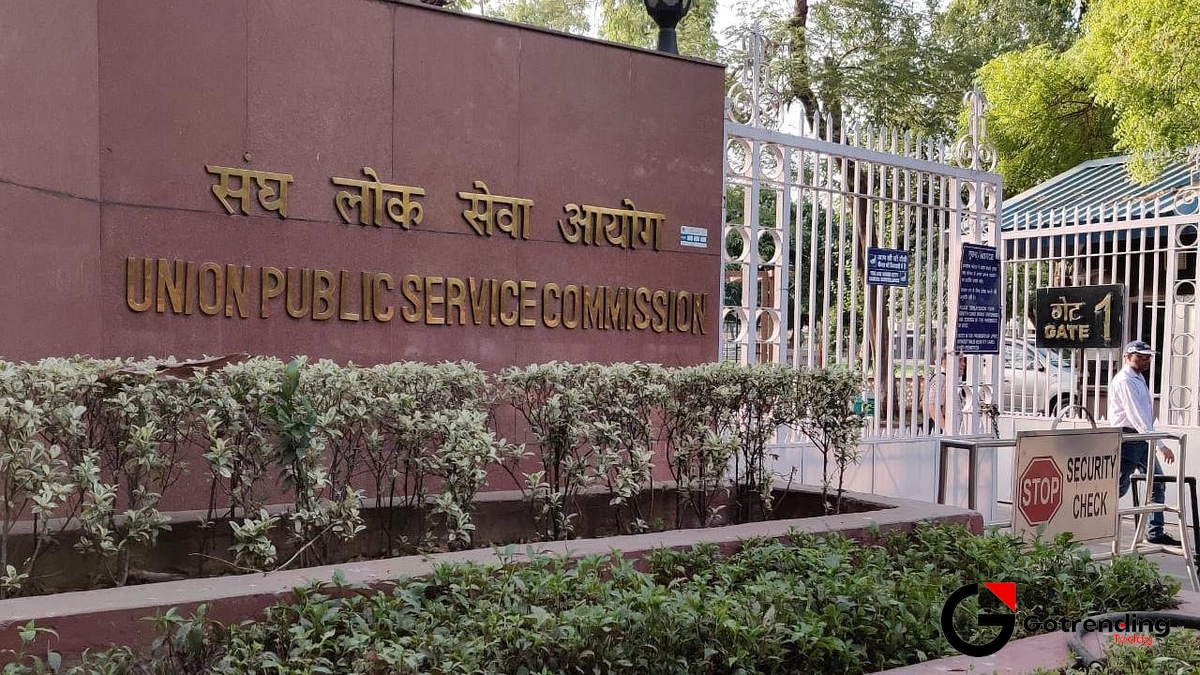
Now, for the part that trips everyone up. The myth-making. The coaching industry, bless its money-making heart, has built an entire ecosystem around the idea of a “perfect”UPSC preparation. They sell you the dream: 18 hours of study, 5 newspapers a day, 100 mock tests, and the secret notes of a former topper.
It’s mostly nonsense.
I’ve seen people burn out spectacularly chasing this phantom. The truth? There is no one-size-fits-all. The person who clears the exam while working a 9-to-5 does it differently than the 21-year-old who has dedicated their entire life to it. The key isn’t ‘more’. It’s ‘smarter’. It’s about understanding your own rhythm, your strengths, and your weaknesses. Some people can absorb information for 12 hours straight; others need frequent breaks. Maybe after a solid 4-hour session, you need to completely switch off and watch a movie trailer, like the updates for War 2 . And that’s okay! Self-awareness is more important than any textbook.
Wait, that’s a key point. Let me rephrase. The most crucial part of your preparation isn’t the booklist; it’s you. It’s figuring out you learn and being brutally honest about it. Do you learn by writing? By teaching someone else? By making mind maps? The answer is your secret weapon, not some generic timetable from a website.
Beyond the Books | The Real Syllabus Is You
Here’s the thing that becomes clearer the longer you’re around this world. TheUPSC examisn’t just testing your knowledge of Laxmikanth’s “Indian Polity.” It’s testing your character. It’s a long, lonely journey, and it’s designed to break you. How you handle that pressure? That’s the real test.
The syllabus for theprelimsandmains examis vast, but the hidden syllabus is even bigger. It includes:
- Resilience: Can you handle a bad mock test score without spiralling? Can you study for a year and face the possibility of not even clearing the first stage?
- Curiosity: Are you genuinely interested in why things are the way they are? The exam rewards people who can connect disparate dots linking a historical event to a current social issue, for example.
- Integrity: The entire process, especially the interview, is about finding people with a strong moral compass. They don’t want robots; they want thoughtful, empathetic human beings who can make tough decisions.
I truly believe the journey itself is the reward. You will learn more about India, the world, and yourself in two years of dedicated preparation than in five years of anything else. It forces you to form opinions, to analyze, to write coherently, and to speak confidently. These are skills for life, not just for theIAS exam. Even if you don’t make the final list, you don’t walk away empty-handed. That’s something the fear-mongers never tell you. You walk away a more informed, more aware, and frankly, more interesting person.
Your Burning Questions About the UPSC Journey
Okay, let’s get to the nitty-gritty. I know you have questions. Everyone does.
Is the UPSC really the toughest exam in the world?
Toughest? It’s subjective. In terms of sheer competition and the ridiculously low success rate, it’s definitely up there. But is the material itself rocket science? No. The challenge isn’t the complexity of any single topic; it’s the of theUPSC syllabusand the intense competition. It’s an exam of endurance and mental grit more than pure intellectual genius.
Do I have to move to Delhi to clear the exam?
This is a classic myth. Ten years ago, maybe. Today, absolutely not. With the explosion of online resources, amazing YouTube channels, and digital test series, everything you need is on your phone or laptop. Delhi offers an ‘environment,’ but that environment can also be distracting and expensive. A quiet room in your hometown can be far more productive than a crowded library in Karol Bagh.
How many hours a day do I need to study?
Forget the 16-hour myth. It’s about quality, not quantity. A focused, distraction-free 6-8 hours is infinitely better than 14 hours with your phone buzzing every five minutes. Consistency is the magic word here. 7 hours every single day is better than 15 hours one day and 2 the next. Find a sustainable routine that works for .
I have a full-time job. Is preparing for the UPSC even possible for me?
Yes, but it requires superhuman discipline and a very realistic strategy. You can’t cover the syllabus as expansively as a full-time student. You must be ruthless in prioritizing topics. Focus on high-yield areas. Use your commute time. Sacrifice weekends. It’s incredibly hard, but many people do it every year. Their stories are often the most inspiring, as highlighted in profiles you might read on sites like India Today .
What’s the biggest mistake most aspirants make?
Two things. First, spending too much time on resource collection (hoarding books and PDFs) and not enough on actual studying and revision. Second, not practicing enough. Specifically, not writing answers for the Mains. You can have all the knowledge in the world, but if you can’t articulate it in 150 words in 7 minutes, it’s useless for themains exam.
So, what is theUPSCat the end of the day? It’s a mountain. A massive, intimidating, fog-covered mountain. And most people who attempt to climb it will not reach the summit. And that’s a statistical fact.
But here’s my final thought on it. The point isn’t just reaching the summit. The point is the climb. The act of preparing for this exam, of engaging with your country’s past, present, and future on such a deep level, changes you. It builds a kind ofUPSC motivationthat transcends the exam itself. You become a citizen in the truest sense of the word. Whether you end up in the hallowed halls of North Block or back at your old job, you’ll carry the climb with you. And that, I think, is a victory in itself.
